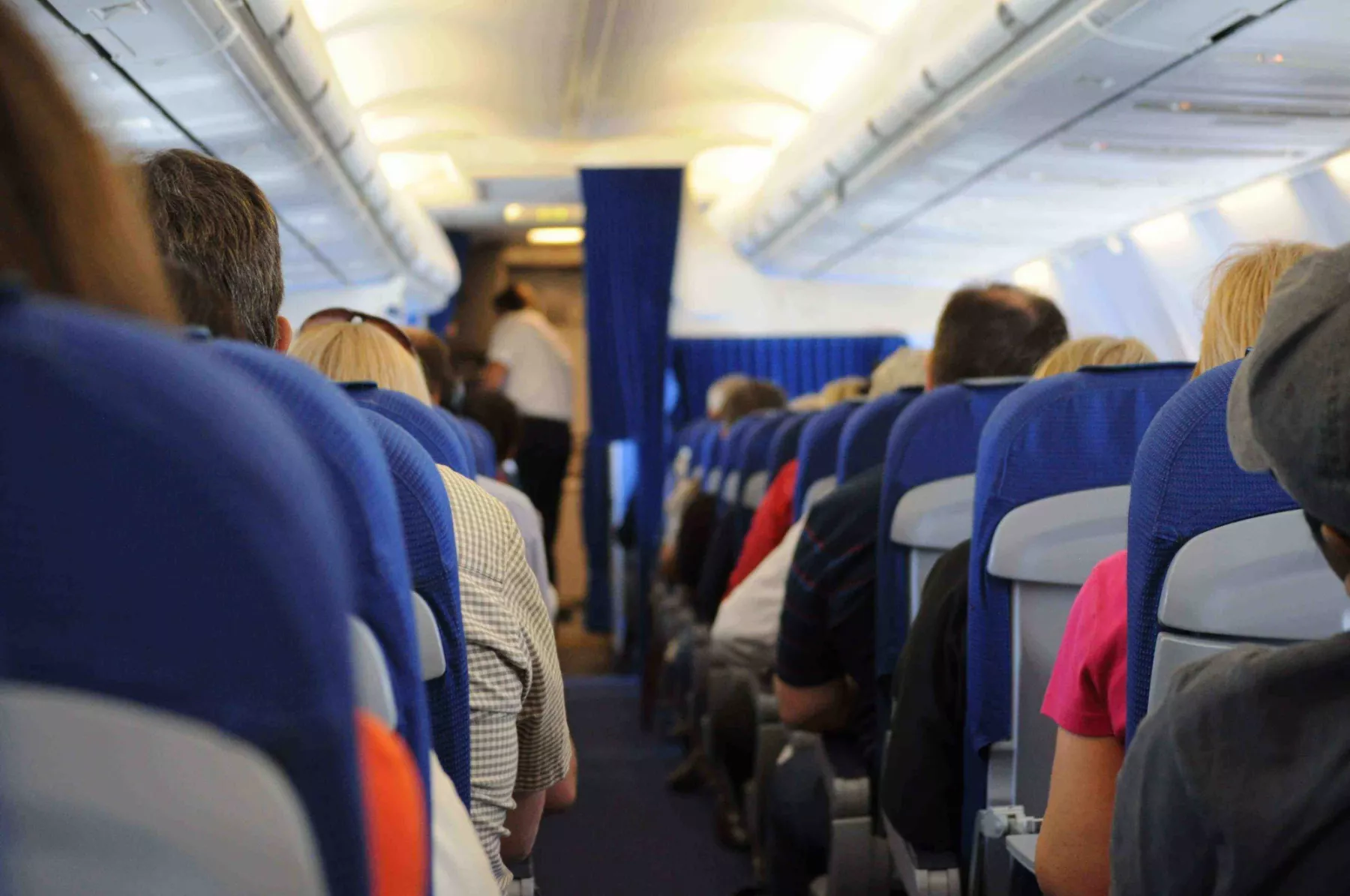The Invisible Enemy of the Travel Experience
There is no shortage of recent news coverage on the issue of bacteria in public transportation. Transportation equipment ranging from airplane trays to the seating on subways have all been targets of horror stories contributing to a negative perception of the travel experience. Recent articles note that airport trays used by airport security around the globe are actually dirtier than a toilet seat, harboring harmful bacteria and viruses.
Cleanliness issues have also been highlighted in the automotive industry, including ride sharing vehicles, buses and trains. One article featured an interview with a traveler who avoids sitting down at all on public transport since a bed bug tried to share his space. All modes of transport are susceptible to these types of problems. Imagine using public transportation services every day and not feeling comfortable enough to sit down!
In addition to harboring bacteria that can lead to illness, users of public transportation also note unpleasant experiences caused by the rampant growth of stain-and-odor causing bacteria, mold and mildew on high touch surfaces. Stains and strange odors contribute to traveler skepticism and negatively impact the overall travel experience. As the public becomes more aware of these issues, concern about exposure to bacteria on public transportation continues to grow and people around the world are actually avoiding use of public transportation due to hygiene concerns.
Singular Solutions Don't Solve Complex Problems
Responding to growing interest in this issue, health industry experts have set out to help passengers understand the steps they can take to avoid exposure to microbes on public transportation. Frequent hand washing and use of antimicrobial wipes help create a cleaner transportation experience. Travelers are also encouraged to check the seats before sitting down and keep hand sanitizer handy during rides.
Leaders in the public transportation industry have also moved to improve overall cleanliness and sanitation on transit systems. Innovative cleaning methods, such as spraying down subway systems with specialized antimicrobial solutions, and more robust service schedules can be part of a systematic approach to creating a better overall experience for travelers.
However these singular measures alone are not sufficient to address the issues. As population growth booms and air quality concerns loom, the industry is focused on making mass transit more attractive to the general population. In addition to exciting performance innovations already underway, improving the experience cannot be overlooked. Manufacturers will be tasked with implementation of unique, multi-layered solutions to combat the real and perceived issues associated with bacteria exposure on public transportation.
Smart Design Featuring Microban Antimicrobial Technology
Implementation of smart design solutions for equipment used in public transport systems is one solution the industry has embraced. In Los Angeles, CA a recent decision was made to transition from fabric seats - known to harbor bacteria - to vinyl seats with a drainage hole to make them easier to clean regularly. Enhancement of materials used by manufacturers serving the public transportation industry must also be considered. Micro prevention solutions and incorporation of surface modification technologies provide a low risk, high reward option for improving cleanliness.
Microban International has a long history of developing effective technologies for use in many of the materials found in public transit. Plastic, foam, textiles and coatings all benefit from the addition of specialized antimicrobial technologies. If implemented correctly, these solutions fight the growth of stain and odor causing bacteria, mold and mildew by creating an inhospitable environment. High-touch surfaces remain cleaner between routine cleanings and are easier to clean.
Microban antimcrobial additives are integrated into materials during the manufacturing process to become a permanent part of the substrate, providing proactive 24/7 protection for the life of the product. Plus, the protection from degradation provided by built-in antimicrobial technologies also supports sustainability, as treated products are longer lasting and more durable. With a portfolio of more than 25 active technologies, the Microban R&D team offers a technology agnostic approach and unparalleled expertise in identifying the best option to meet specific manufacturing objectives.
Manufacturers for mass transit must keep the user experience top-of-mind. The transportation sector will continue to call for transportation innovations that encourage the use of mass transit. The manufacturers that deliver solutions to the cleanliness challenge stand to increase profits and market share.
Join other leaders in the transportation sector - contact us today to learn more about transportation innovation powered by Microban technology.
If you manufacture plastic products for the automotive industry, check out Microban engineer Dr. Mai Ha at Plastics in Motion 2019, March 4-7 in Charlotte, NC.


